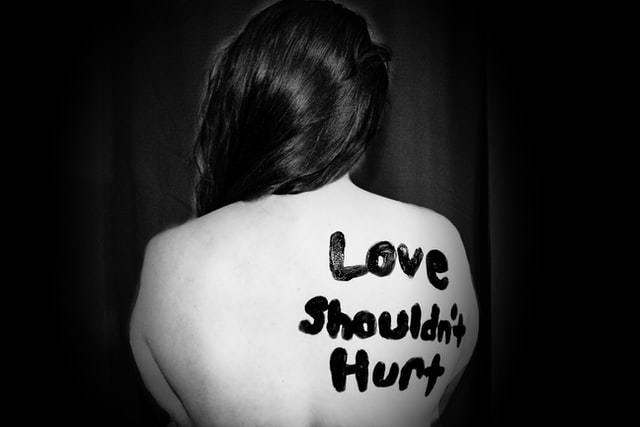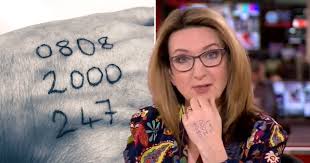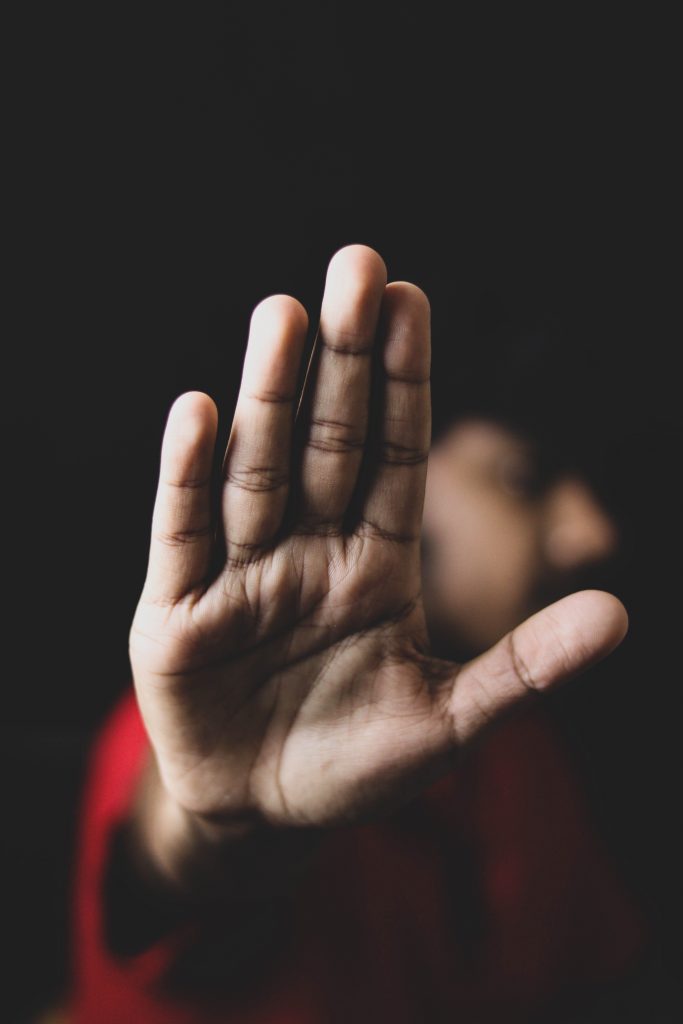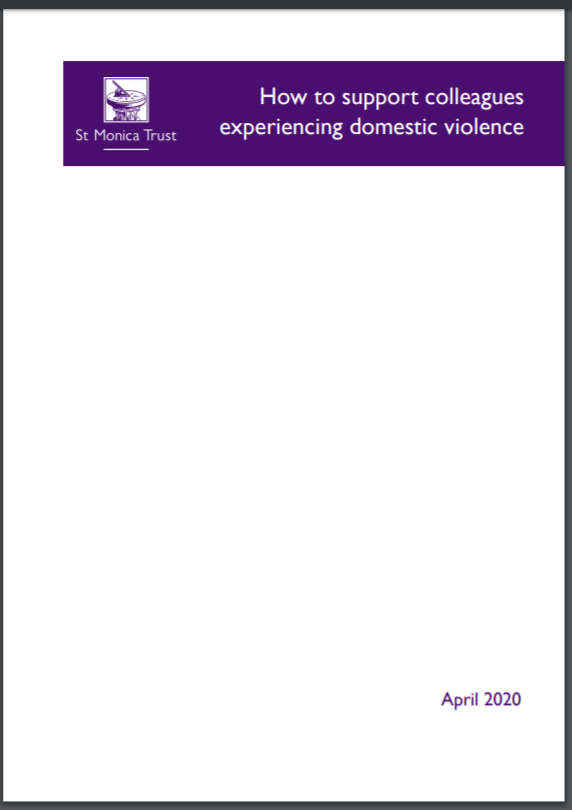
The UK government’s definition of domestic abuse is “any incident or pattern of incidents of controlling, coercive, threatening behaviour, violence or abuse between those aged 16 or over who are, or have been, intimate partners or family members regardless of gender or sexuality. The abuse can encompass, but is not limited to psychological, physical, sexual, financial, emotional.”
Abuse may take on different forms but it is always about exerting power and control.
***If domestic abuse is happening to you, it’s important to tell someone and remember you’re not alone. Help is at hand.***
- In an emergency call 999.
- If you are using a mobile phone, you can still call 999 and if you are in imminent danger and unable to talk you may be prompted to dial 55 and the operator will talk you through the next steps.
- Freephone 24-Hour National Domestic Abuse Helpline: 0808 2000 247.
- Men can also use the Men’s Life Advice on 0808 8010 327 (Monday and Wednesday, 9am to 8pm, and Tuesday, Thursday and Friday, 9am to 5pm) for non-judgemental information and support.
- If you feel comfortable, speak to your line manager, your local HRBP or Colleague Engagement Manager. They will listen and help you in confidence.
- Talk to a medical professional, such as your doctor, midwife or Health visitor
If you decide to leave, the first step in escaping an abusive situation is realising that you’re not alone and it’s not your fault.
Resources:
Women’s Aid has advice on their website about ‘writing a safety plan’, this if helpful if you feel you need to be prepared and includes things like packing an emergency bag, keeping some money on you at all times and teaching your children to call 999.
https://www.womensaid.org.uk/the-survivors-handbook/making-a-safety-plan/
This NHS page below holds useful information for you or loved ones or friends who are facing domestic abuse of any kind. The link also includes numbers for men, LGBT and forced marriage. https://www.nhs.uk/live-well/healthy-body/getting-help-for-domestic-violence/
Other sources of advice:
Refuge (Refuge is the largest specialist domestic abuse organisation in the UK. Help with the physical, emotional, financial and logistical impacts of abuse.
Women’s Aid (The national charity working to end domestic abuse against women and children)
Men’s Advice Line (The Helpline for male victims of domestic abuse)
Next link (Safe houses, crisis support, outreach services etc)
BBC News Presenter Victoria Derbyshire (herself a victim of domestic abuse) read the news with the number of a domestic abuse helpline number on the back of her hand


If you’re concerned that a friend might be being abused:
- Be there to talk if they are ready to
- Actively listen without blaming
- Acknowledge their strength in confiding in you
- Give them time to open up, but don’t push them to talk if they aren’t ready
- Acknowledge their fear in a difficult situation
- Tell them nobody deserves to be abused
- Support them as a friend – encourage them to express their feelings, and allow them to make their own decisions
- Don’t tell them to leave the relationship if they’re not ready – that’s entirely their call
- Ask if they have suffered physical harm – if so, offer to go with them to a hospital or GP
- Help them report the assault to the police if they choose to
- Be ready to provide information on organisations that offer help for people experiencing domestic abuse
More help can be found by visiting:
https://www.nhs.uk/live-well/healthy-body/getting-help-for-domestic-violence/
Read How to support colleagues experiencing domestic violence by clicking here.
